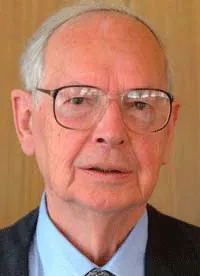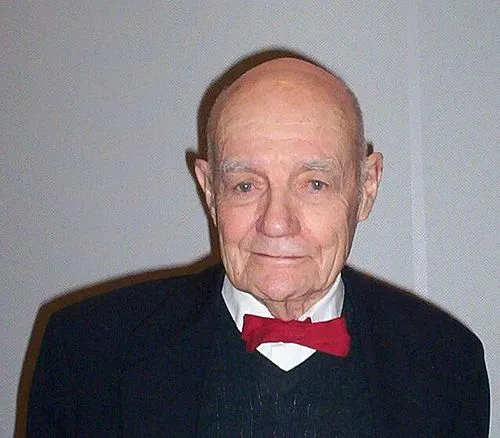
Full Name: Ninian Stephen
Birth Year: 1923
Nationality: English-Australian
Profession: Lieutenant, Judge, Politician
Position Held: 20th Governor-General of Australia
Death Year: 2017
Ninian Stephen: A Legacy of Service and Leadership
Born in 1923, Ninian Stephen entered a world marked by the aftermath of the Great War and the tumultuous interwar period. Perhaps it was this backdrop that instilled in him a sense of duty a thread that would weave through his life as a lieutenant, judge, politician, and ultimately as the 20th Governor-General of Australia.
As a young man, Stephen was drawn to service. His journey began not with politics or law but within the ranks of military life. After joining the Australian Imperial Force during World War II at just 18 years old, he found himself thrust into combat an experience that would profoundly shape his worldview. However, it was not merely war that defined him; rather, it was his commitment to public service in its myriad forms.
Upon returning from war, Stephen pursued an education in law at Melbourne University. Here, he immersed himself in legal studies amid vibrant political discourse perhaps honing skills that would serve him well later on. Despite this scholarly success, entering the legal profession wasn’t straightforward; he faced challenges common for many post-war veterans seeking their place in civilian life.
Yet by 1950s standards a time when gender roles were rigid and society evolving slowly Stephen's career took off as he became a barrister specializing in commercial law. He navigated this competitive landscape with finesse, earning respect among peers and clients alike. Ironically though, while his career flourished professionally within the courtroom walls filled with genteel orderliness and rules of decorum as society grappled outside with changing norms Stephen’s resolve only strengthened.
Who knows how these early experiences shaped his views on justice? It might be speculated that they ignited an intrinsic passion for fairness and equity which guided him throughout his judicial tenure beginning in 1970 when appointed to Victoria’s Supreme Court.
As one historian recounted: "Stephen's legal judgments often reflected an acute awareness of societal shifts.” For instance, during landmark cases involving Indigenous land rights or women’s rights which sparked heated debates across Australia the clarity and thoughtfulness he brought were akin to forging paths through dense forests overshadowed by age-old trees: one step at a time amidst trepidation but resolutely determined nonetheless.
This commitment didn’t go unnoticed; many recognized not just what he achieved within legal frameworks but also how those frameworks could evolve alongside societal expectations. Thus when Prime Minister Malcolm Fraser called upon him to serve as Governor-General in 1982 a role traditionally viewed as ceremonial the nation observed closely how Stephen would redefine this office amidst rapidly changing political tides.
The Role of Governor-General
Assuming office after Sir John Kerr a controversial figure whose actions during Australia’s constitutional crisis left indelible marks on political culture Stephen stepped onto a stage laden with historical weight! As he settled into Government House in Canberra surrounded by opulence yet weighed down by expectations from both sides of politics... some were skeptical whether this seasoned lawyer could transcend mere ceremony!
However as time went on it became clear that Ninian Stephen held an innate ability to connect across divides! His tenure unfolded against global backdrops marked by reformative changes such as economic downturns due largely due increasing globalization trends affecting jobs along with rising multiculturalism transforming Australian identity itself... And here stood Stephen: balancing tradition while being responsive enough for future possibilities!
Crisis Management
Inevitably crises emerged requiring astute leadership beyond formal functions; during one high-profile case regarding Aboriginal rights concerning land ownership struck chords deep within national consciousness and citizens looked toward their symbolic head-of-state! This moment called forth courage; ironically reflecting upon earlier chapters where empathy fueled decisions made behind closed court doors now flared publicly!
This tumultuous backdrop gave rise amid growing tensions around race relations fueled arguments over Treaty recognition leading many advocates pushing strongly against status quo... Yet through measured dialogue punctuated deftly delivered speeches aimed directly toward fostering unity amongst diverse cultural narratives it soon became apparent just how pivotal roles can shift even beyond conventional realms laid out before each leader! As interviews revealed later on many credited him for allowing public engagement without sacrificing dignity throughout complex negotiations steering clear inflammatory rhetoric often characteristic times prior...




